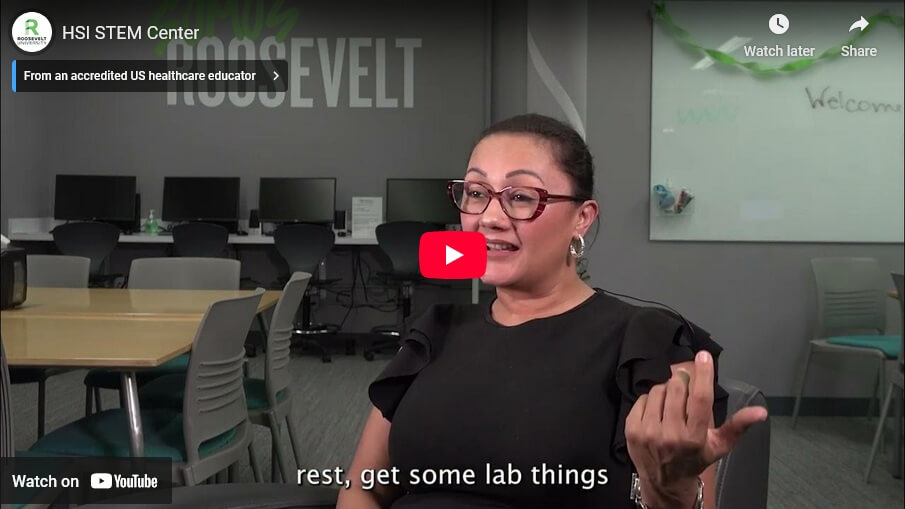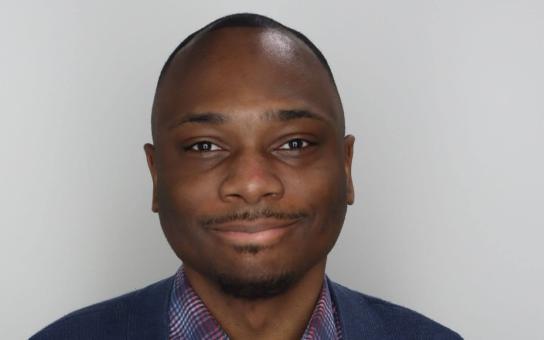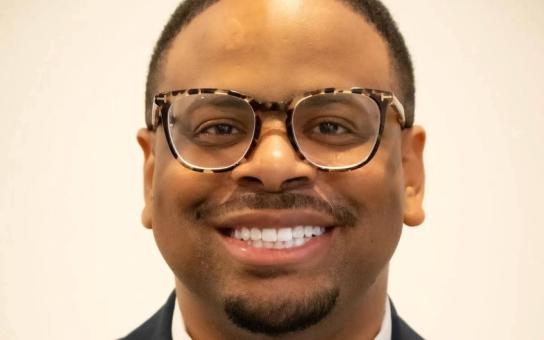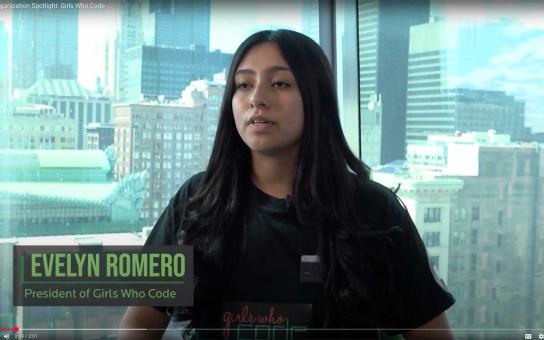
With scholarship programs, advising services and growing research opportunities, Roosevelt University offers an academic support systems that prepares STEM majors from every background to succeed. Thanks in part to multi-million-dollar Department of Education grants and the University’s commitment to academic success, students can study, research and network with personalized attention. These grants were possible because of Roosevelt’s Hispanic Serving Institution (HSI) status, which is achieved if over 25% of the undergraduate population identifies as Hispanic or Latino.
“We work tirelessly to create an environment where every student feels welcome and supported,” says Alejandra Prieto-Mendoza, Executive Director of the University’s HSI STEM grants and manager of the McNair Scholars Program. “Through our physical space in the STEM Center to the individual interactions our advisors and professors have with students looking to clarify their career path, all of our resources are designed for inclusivity.”
Dedicated Spaces for Research Support
These resources include the STEM Center, a space that includes a computer lab, library, private study areas and research equipment available for rent. Here, you can receive peer tutoring from students who previously excelled in a course, participate in a “mini-ship” internship hosted by local laboratories or register for a free workshop. Held throughout the academic year, these workshops include topics such as financial planning, improving your credit score and navigating college life as a first-generation college student. Academically at-risk or first-generation students can also meet with a Pathway advisor, who can offer a different perspective to academic planning and bilingual class registration assistance.
“We recognize and are proud of the fact that so many Roosevelt students are the first members of their family to attend university,” says Prieto-Mendoza. “We curate our STEM support programming to address the particular challenges they might face but also celebrate the distinct perspectives they bring.”
Additional Support for First-Gen and Low-Income STEM Majors
Students enrolled in an eligible STEM major can also apply for SSS STEM (Student Support Services STEM). If you identify as a first-generation or low-income student, or if you have a documented disability, you can join this cohort of 120 students who are eligible for additional assistance so that you can succeed. SSS STEM students can register for one-on-one advising appointments, mental health support and referrals to other student success departments in order to academically succeed.
Low-income and first-generation students can also apply for the McNair Scholars program, which provides significant financial aid and research opportunities to 25 students every academic year. If applicants are selected, they receive placement in a paid summer internship, assistance to apply for external research funding, conference travel reimbursement and two tuition-free credit hours for the UNIV 311 course “Introduction to Research & Scholarly Activity.”
“We give these students incredible opportunities to attend conferences and network as undergraduates, and getting to meet your future STEM peers when you’re at such a young age is very rare,” says Prieto-Mendoza. “That type of exposure is what makes this program so special and Roosevelt’s commitment to these students so distinct.”
Building a Research-Rich Future
And Roosevelt continues to grow its support systems and career pathways for STEM students of all backgrounds. Thanks to our HSI status, Roosevelt was recently awarded an additional $5 million grant to expand STEM education to minority students. The University will use this grant to support PRIME (Producing Research and Innovation through a Mentoring Ecosystem), an initiative to make Roosevelt a Research 2 (high research activity) level institution and create more direct pathways for undergraduates to earn a doctorate degree. The funds will create doctoral programs for integrated biomedical sciences and information technology, and graduate programs for data science, information technology and biomedical sciences. They will also update campus facilities and allow the hiring of six new faculty members who will focus on research and obtaining additional grants.


